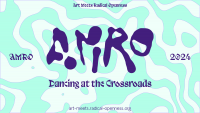Selected in the category Education, Training and Awareness-Raising
The European Heritage Awards / Europa Nostra, funded by the Creative Europe programme of the European Union, promote best practices related to heritage conservation, research, management, education and communication. They contribute to a stronger public recognition of value of cultural heritage for Europe’s society, economy and environment.
Specialist juries assess the projects and select the winners in four categories: conservation, research, dedicated service by individuals or organisations, education training and awareness-raising.
The last 7th May, European Heritage Awards / Europa Nostra announced the winners of the 2020 edition: 21 exemplary achievement from 15 countries.
We are very pleased to announce that Uccu Roma Informal Educational Foundation, partner in the REACH Minority Heritage Pilot, is one of the winner in the category “Education Training and Awareness-Raising”.
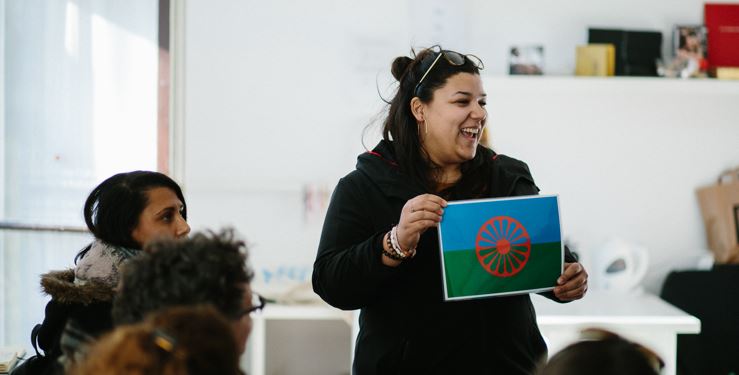
The Foundation was established in 2010; the aim was to create a platform for the meeting and dialogue between young Roma and non-Roma to reduce stereotypes, prejudices and intolerance against Roma through the fostering of interaction and the sharing of Roma culture and history.
It organizes several educational workshops in Hungary, where Roma is the largest minority group, in particular in Budapest, Pécs, Miskolc and Ózd.
The walking tours that takes place in the 8th district of Budapest and in the city of Pécs are the most successful activities promoted by the Foundation; they are led by Roma youngsters who contribute, with their own experiences, to the discovery of the districts and their link to the cultural heritage of Roma.
The programme means to provide young Roma people with useful work experience and encourages them to feel proud of their heritage.
One of the most important long-term impacts of the initiative has been the personal development of the young Roma volunteers: they are trained by the Foundation’s staff to moderate and facilitate workshops in primary and secondary schools throughout the country. In these meetings they introduce young people to Roma culture, through history, art and heritage and encourage an open intercultural dialogue between the participants.
The jury stressed that:
“This grassroots initiative empowers Roma people and addresses intolerance and social exclusion through the fostering of interaction, dialogue and the sharing of knowledge and understanding of Roma culture. The programme of the Uccu Roma Informal Educational Foundation encourages personal development and a good quality of life for the construction of a peaceful and democratic community with respect for cultural diversity, according to the principles of the Faro Convention. The programme has succeeded in creating a network of young Roma activists who act as mediators ensuring the agency of the community. The way in which the Uccu Roma Informal Educational Foundation has provided a platform for exchange and dialogue in everyday life is a great example of social innovation in that they have utilised cultural heritage in the construction of a more cohesive society. This is applicable in many other countries where these problems are present“.
See the video
Read more: http://www.europeanheritageawards.eu/winners/uccu-roma-informal-educational-foundation/
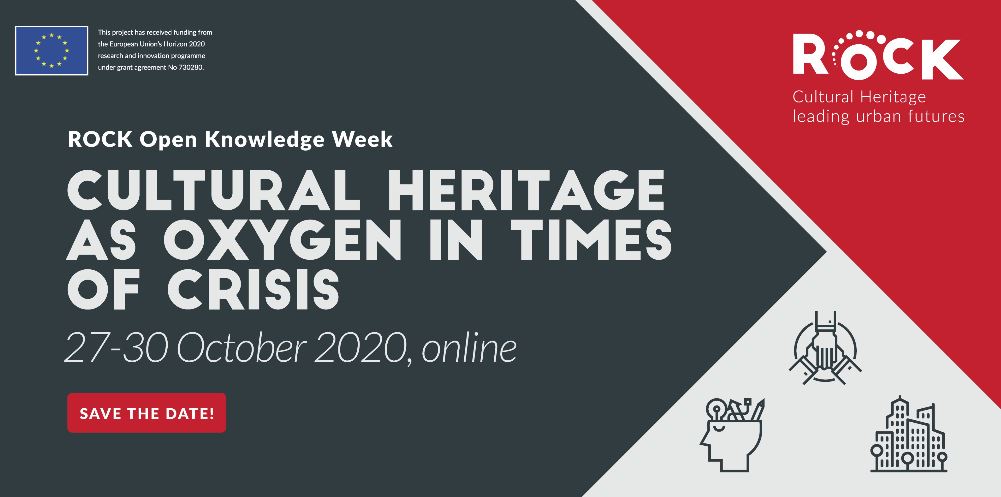


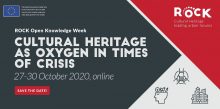
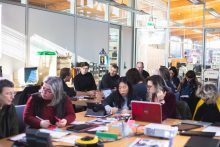
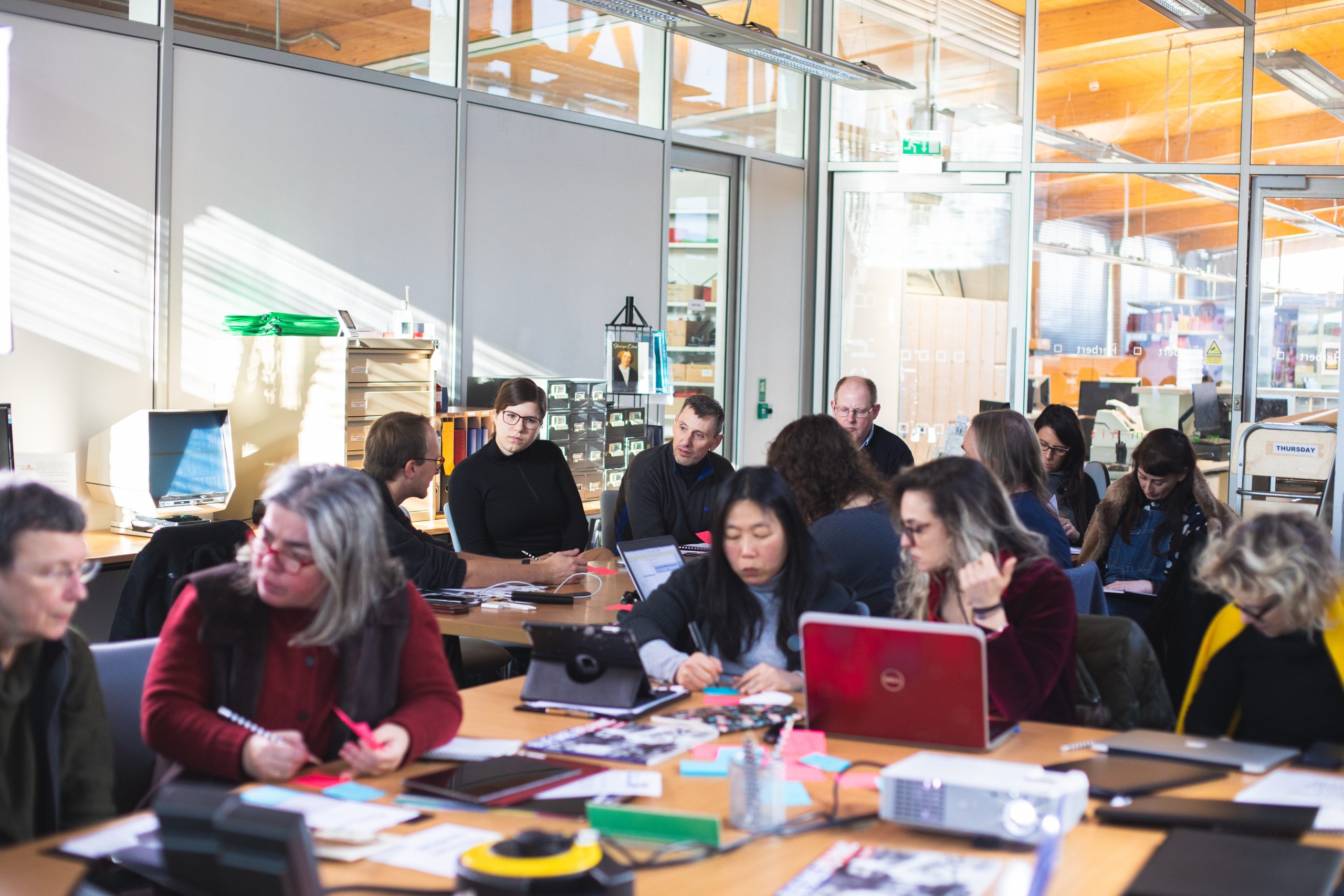 The project
The project 
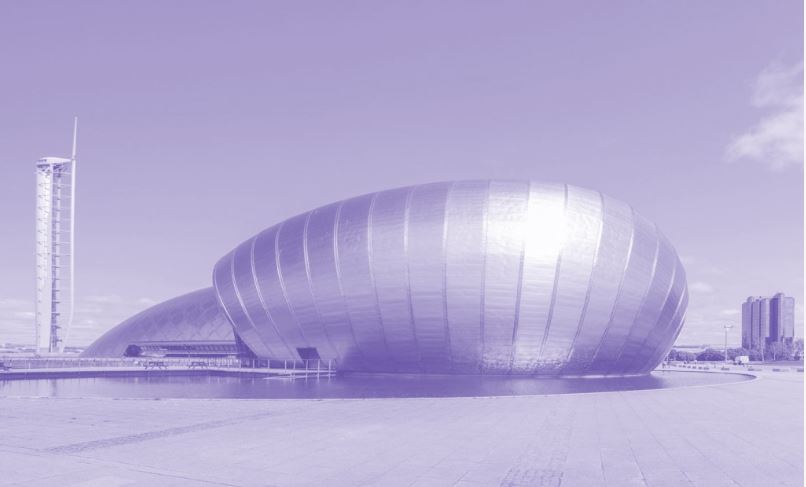 Reimagining Museums for Climate Action asks designers, architects, academics, artists, poets, philosophers, museum professionals and the public at large to radically (re)imagine and (re)design the museum as an institution, to help bring about more equitable and sustainable futures in the climate change era. The competition aims to explore how museums can help society transform to a low carbon future, adapt to the impacts of climate change, and safeguard ecosystems.
Reimagining Museums for Climate Action asks designers, architects, academics, artists, poets, philosophers, museum professionals and the public at large to radically (re)imagine and (re)design the museum as an institution, to help bring about more equitable and sustainable futures in the climate change era. The competition aims to explore how museums can help society transform to a low carbon future, adapt to the impacts of climate change, and safeguard ecosystems.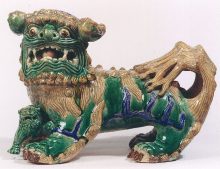
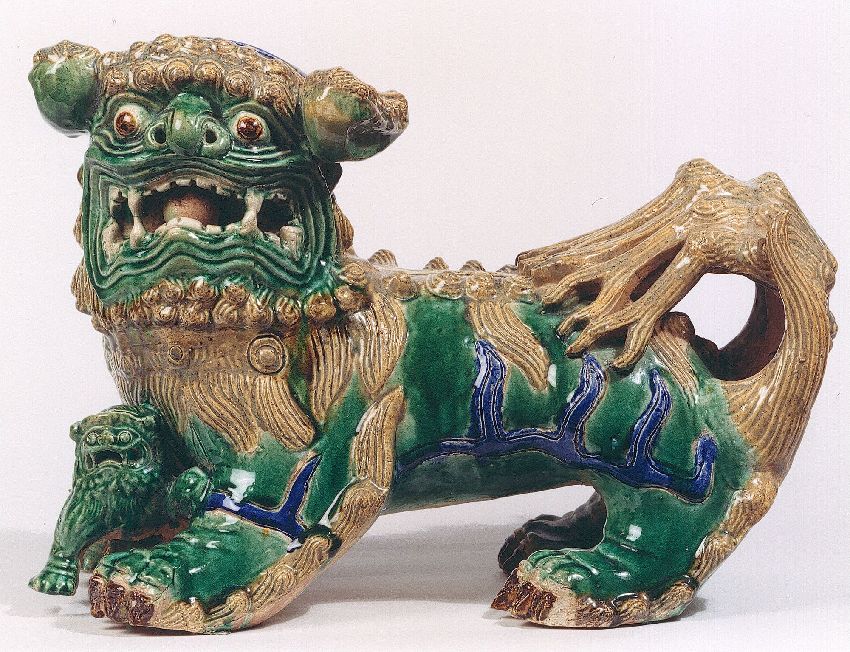
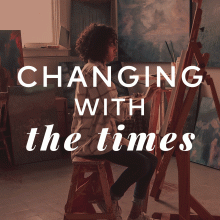
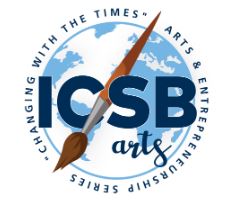
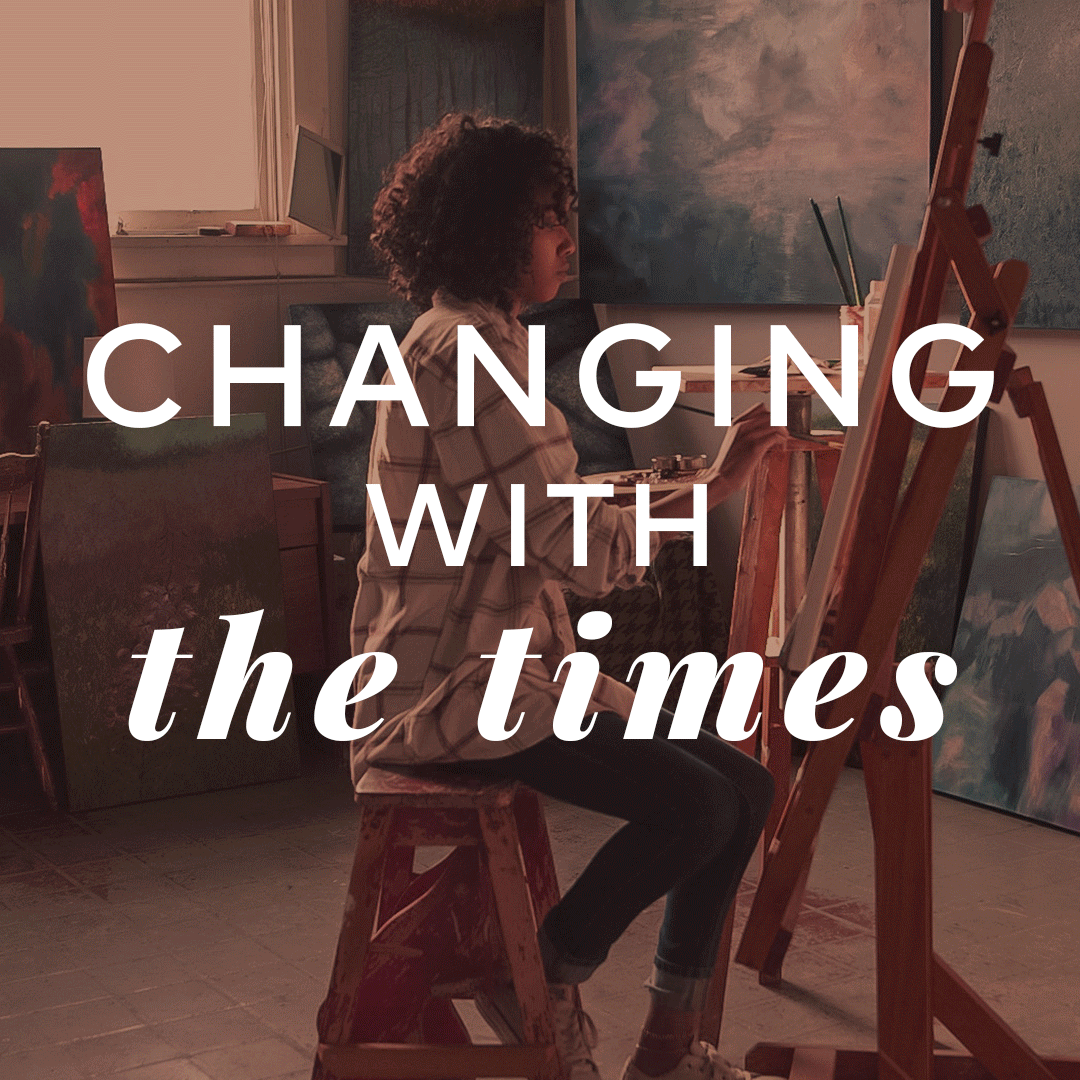

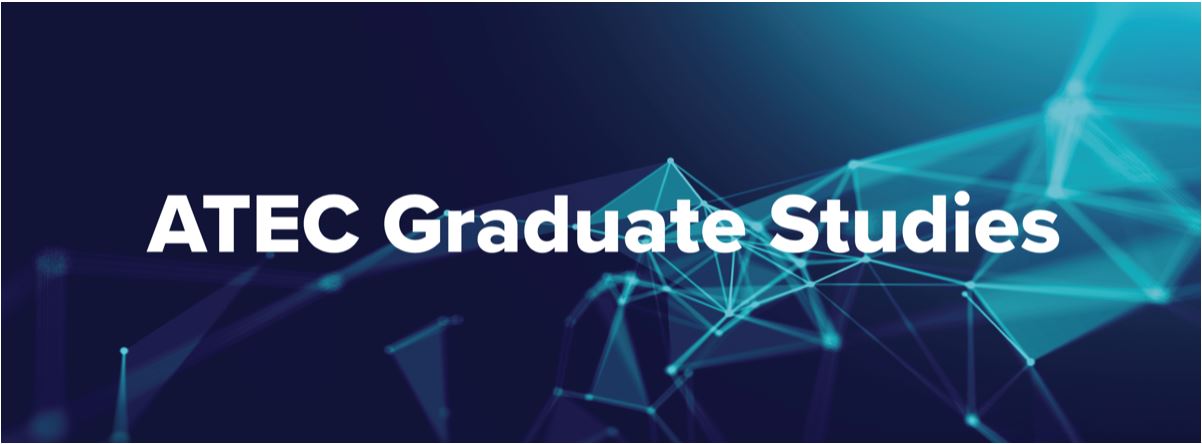 Do you appreciate the opportunities of cross-disciplinary education?
Do you appreciate the opportunities of cross-disciplinary education?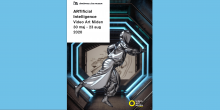
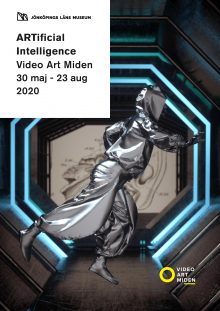 The video art selection, curated by Gioula Papadopoulou (art director and curator of Video Art Miden) presents 8 works that deal with various concepts concerning the “homo digitalis” era and artificial intelligence, exploring the physical detachment and the gradual digitalization and virtualization of our world, our societies and our minds.
The video art selection, curated by Gioula Papadopoulou (art director and curator of Video Art Miden) presents 8 works that deal with various concepts concerning the “homo digitalis” era and artificial intelligence, exploring the physical detachment and the gradual digitalization and virtualization of our world, our societies and our minds.







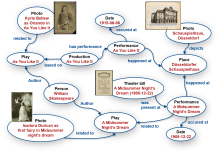
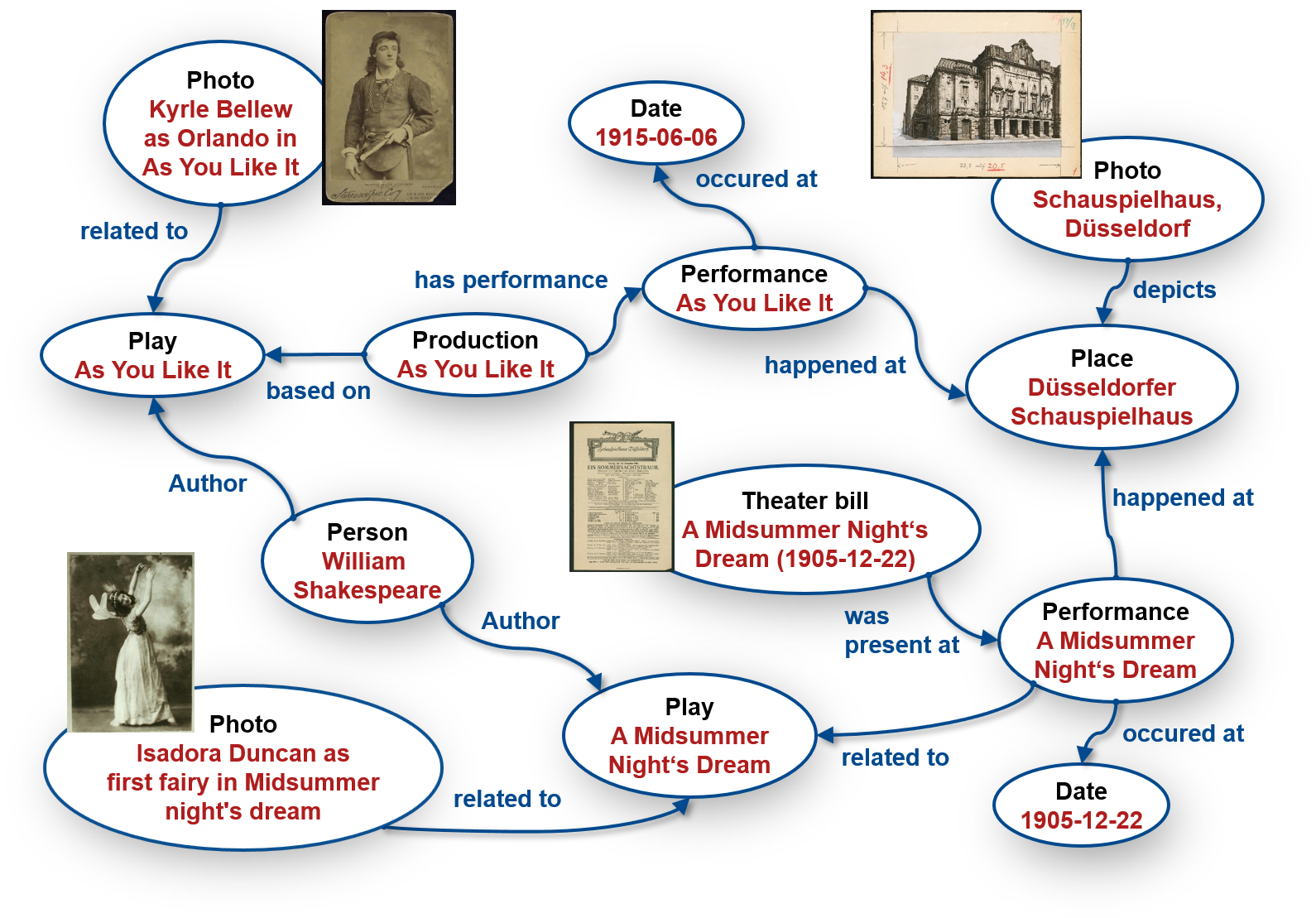 img.: Schematic depiction of a knowledge graph in the performing arts domain; from the paper by Julia Beck, Frankfurt University Library, CC0.
img.: Schematic depiction of a knowledge graph in the performing arts domain; from the paper by Julia Beck, Frankfurt University Library, CC0.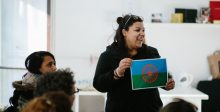

 If you have interesting news and events to point out in the field of digital cultural heritage, we are waiting for your contribution.
If you have interesting news and events to point out in the field of digital cultural heritage, we are waiting for your contribution.














